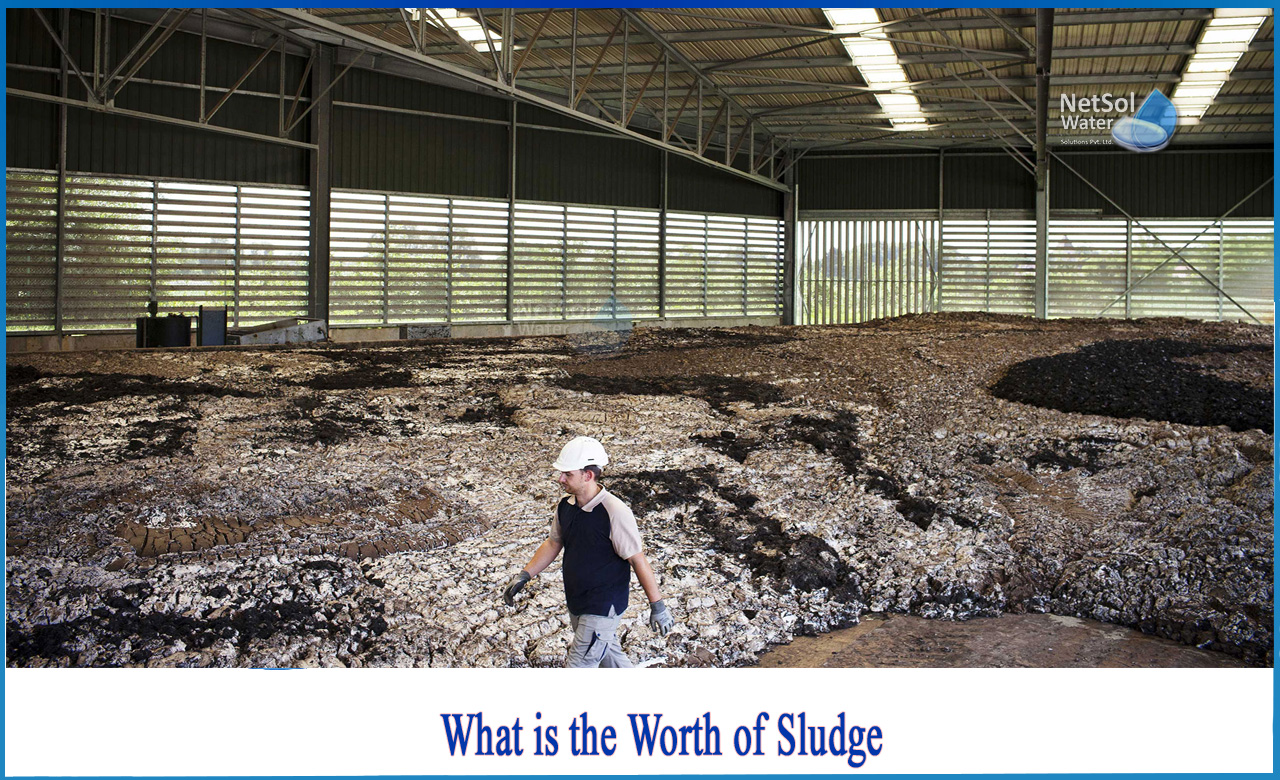How much does sludge cost?
It is a common misconception among the general public that sludge is useless and incurs no costs. However, the reality is that processing sludge is costly. The majority of operating expenses are made up of energy, chemicals, and personnel, and the capital equipment used is not cheap. Furthermore, the quality of the sludge (and thus its potential as a resource) is determined by where it originates in the treatment train, which is primarily primary sludge from the primary sedimentation stage and waste activated sludge (WAS) from the secondary biological stage. This is all well and good in terms of quantification.
The sludge quality and volumes can indeed be monitored (and are now reported as part of this new exercise), and the companies presumably maintain all of the equipment receipts. The number of important resources produced and its market value can be used to calculate income. In many cases, the overall value is primarily in displacing externally supplied thermal energy by generating this energy on-site from the sludge, which is a straightforward calculation.
How all the sludge treatment specific expenditures can be separated from the waste water treatment costs?
Any wastewater treatment plant's electrical energy consumption is tracked. However, the electricity consumed by sludge operations (pumping, dewatering, etc.) is rarely recorded separately from the wastewater treatment side (mainly pumping and aeration). Then there's the issue of labour costs. To get an accurate picture of the labour effort required by sludge and wastewater processing separately, the operators would need to keep detailed time sheets.
Finally, there are the chemicals. It is perfectly possible to log chemical usage against either wastewater or sludge, but this adds to both the operators' and administrators' workloads.It is reasonable to expect water companies to extract value from waste, especially waste produced in such large quantities as municipal sludge.However, quantifying the profit or loss is difficult if it must be disconnected from the wastewater treatment process that generates the sludge in the first place. It is even possible to argue, with some conviction, that such an enforced separation is ultimately a step backward. Resource recovery and carbon neutrality are primarily concerned with recovering carbon in a useful form: it makes no difference whether the carbon is solid or dissolved as long as it is recovered and reused.
If the wastewater could be treated directly by a supercharged anaerobic process, and the methane produced was then desorbed, the sludge volumes would be so small that they would be almost insignificant. At the other end of the spectrum, if all of the wastewater suspended carbon was removed by the finest of fine screens and the dissolved carbon was adsorbed rather than aerobically degraded, the wastewater treatment process could resemble sludge treatment.
Finally, it's important to keep things in perspective: the impact of any improved efficiencies is unlikely to be felt strongly by customers.
Conclusion:
Resource recovery from sludge is an opportunity worth exploring in order to reduce environmental impact while increasing financial value. However, perhaps it is better to simply let technology evolve rather than attempting to quantify everything and anything.
For more information, contact Netsol Water.
Netsol Water is Greater Noida-based leading water & wastewater treatment plant manufacturer. We are industry's most demanding company based on client review and work quality. We are known as best commercial RO plant manufacturers, industrial RO plant manufacturer, sewage treatment plant manufacturer, Water Softener Plant Manufacturers and effluent treatment plant manufacturers. Apart from this 24x7 customer support is our USP. Call on +91-9650608473, or write us at enquiry@netsolwater.com for any support, inquiry or product-purchase related query.



